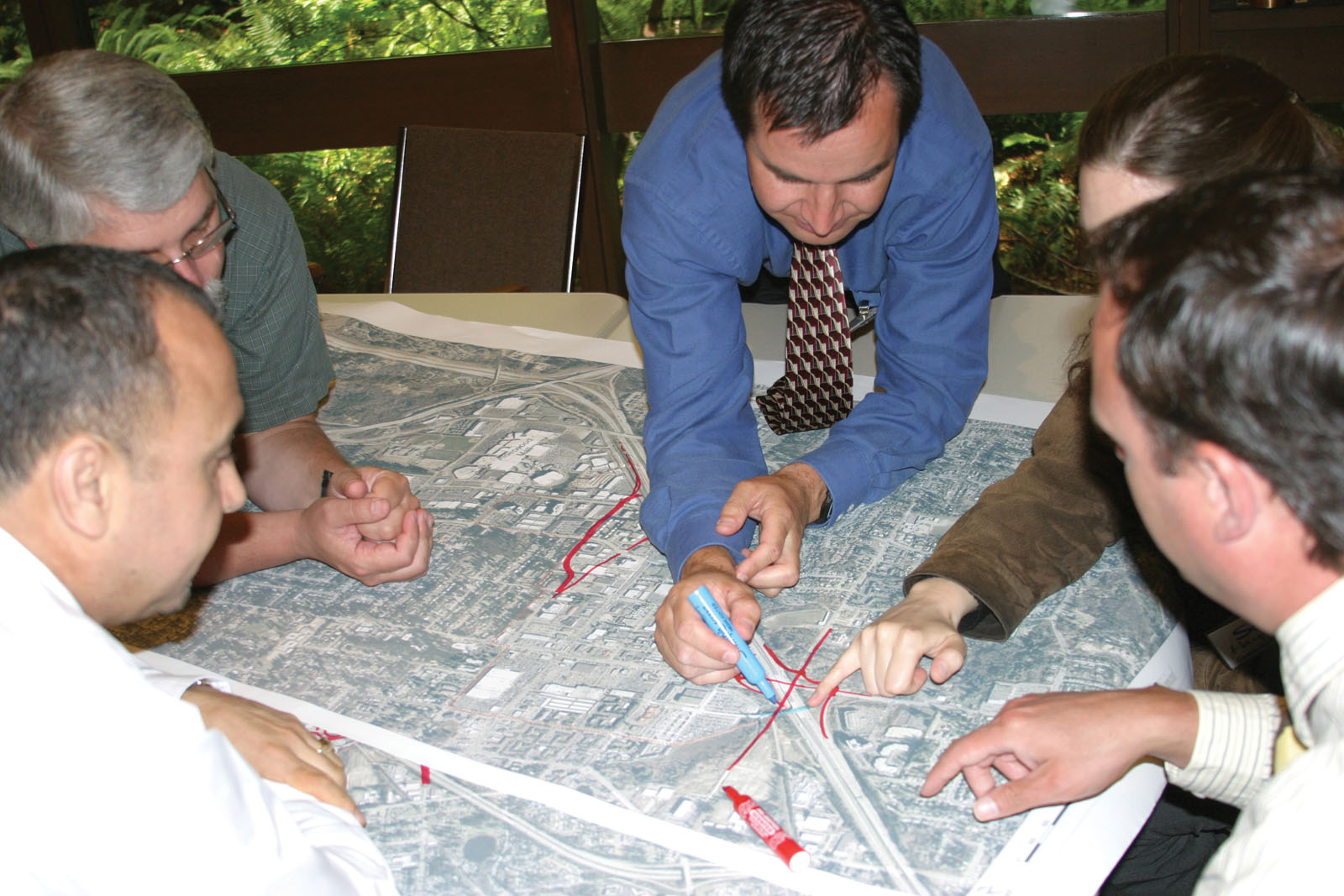
By Tom Davidson, Steve Owen, Mark Perkins, Deborah Roberts, Anthony Romanello, Randy Wheeler, and Dave Winter
When Jason Tyree, a graduate student who worked for the city of Lynchburg, Virginia, was appointed town manager of Buchanan, Virginia, in 2018, it was his first management position. Some of us who are working in local government positions decided to collaborate on advice we could give him as he started his new job.
We gave him this assembled intel and thought it also might be of interest to other newly appointed managers:
Things to Do in the Beginning
Meet with each elected official one-on-one and ask:
• What are the great challenges the community is facing or will face in the near future?
• Why are we facing these challenges?
• What are the most promising unexploited opportunities?
• If you were me, where would you focus your attention?
• What makes you proud about your community?
• What made you run for office?
• What are your individual priorities? [When these are realized, celebrate “checking them off the to-do list” with elected officials.]
Meet with key players in the community, including business leaders; county administrator (or if there are other incorporated towns in the county or in the region, meet with your counterparts); planning district commission director; head of pastoral council; tourism groups; local newspaper reporter; and chamber of commerce.
Ask elected officials for recommendations to add to this list, too. Meet these leaders in their own workplaces—they will appreciate this, and you’ll see their environments firsthand.
Understand the money, and do this quickly. Get into the community’s budget and the audit quickly. Know how the money works in the community.
Meet as often as you can with key staff members. Remind them frequently of the big picture and the council’s priorities for the community and staff. Establish key expectations that you have of staff members and that they can have of you.
Take every opportunity you can to speak in the community and attend community events.
Ask a lot of questions and then listen —with both your ears and your eyes.
Smile and have fun. You’ve made it, so enjoy it.
Things to Remember
You’re neither staff nor an elected official. You’re the chief administrative officer. Yes, your community might be a small town and you’re going to do a little bit of everything, but fundamentally you are charged with delivering on the will of the people’s elected representatives.
Don’t lose sight of the big picture. You’re now more conductor than musician, more architect than builder.
Before you do something, ask yourself, “Am I the only one in this organization who can do this?” If the answer is “yes,” do it well. If the answer is “no,” delegate it. This question will help you stay focused and give your community’s staff good opportunities for professional growth.
Return councilmember calls and e-mails the same day they are received. If a staff member takes a councilmember call for you and you are in a meeting, make sure staff asks if the councilmember wants to interrupt you.
Also, when receiving weekend e-mail and voice-mail messages from board or councilmembers, one of us had the practice of acknowledging them on Monday morning, unless the matter was pressing.
Another colleague suggests turning off e-mail entirely on nights and weekends and letting councilmembers and senior staff know they can text or call you during those times. This will help with work-life balance and being present with your family during non-work hours. (A number of us wish we had done this.)
If you call an elected official on a landline phone and there is no answer, just leave a message for the person to call you back. Don’t even think about telling the spouse/partner why you called or leaving all that on voice mail. Partners probably don’t care. If they do, you might have bigger problems.
Prepare a weekly report to elected officials and copy your senior staff.
Keep any negative thoughts about elected officials to yourself.
Stand up on principle. Sit down on ego.
Local government is a family business. Your schedule will impact your family. When you can, try to find time to spend with your partner and with your kids. If possible, go home for lunch sometimes or watch a mid-afternoon soccer or baseball game and then go back to the office.
You’re a marked person as the manager —24/7 whether you’re on duty or not. Everyone is watching, all the time.
Tom Davidson is president, Davidson Leadership, King William, Virginia (tom@davidsonleadership.com); Steve Owen is city manager, Staunton, Virginia (owensf@ci.staunton.va.us); Mark Perkins, Ph.D., is president, InnerSight, Greensboro, North Carolina (mperkins@myinnersight.com); Deborah Roberts is professor, University of Virginia, Charlottesville (ddr7a@virginia.edu); Anthony Romanello is deputy county manager, Henrico County, Virginia (ROM007@henrico.us); Randy Wheeler is city manager, Poquoson, Virginia (randy.wheeler@poquoson-va.gov); and Dave Winter is president, Winter HR Consulting, Richmond, Virginia (dave@winterhr.com). This article was inspired by long-time manager Duncan Ballantyne.
New, Reduced Membership Dues
A new, reduced dues rate is available for CAOs/ACAOs, along with additional discounts for those in smaller communities, has been implemented. Learn more and be sure to join or renew today!
